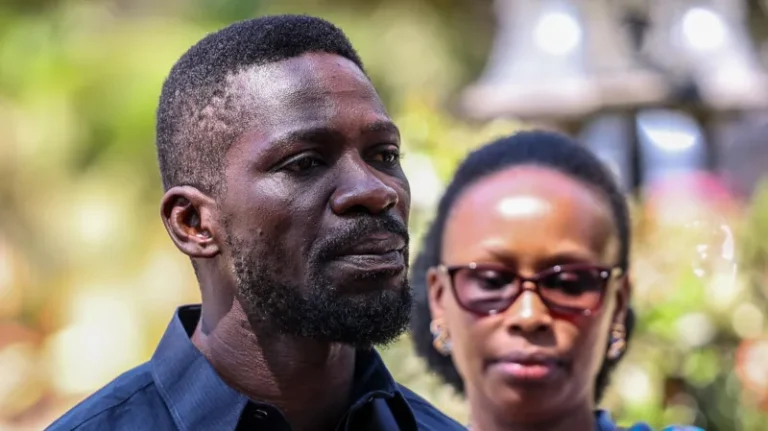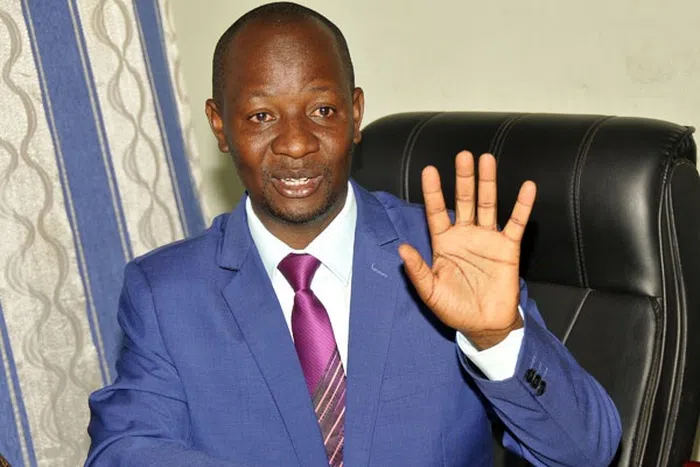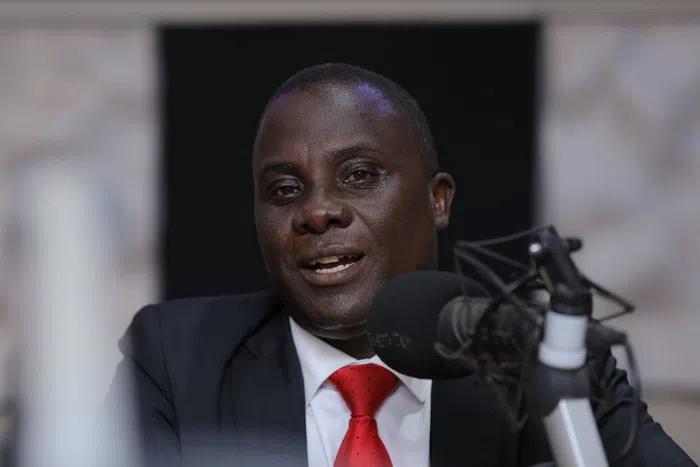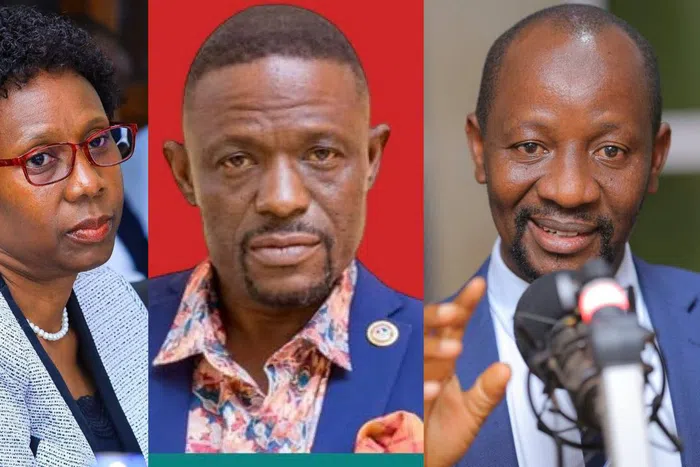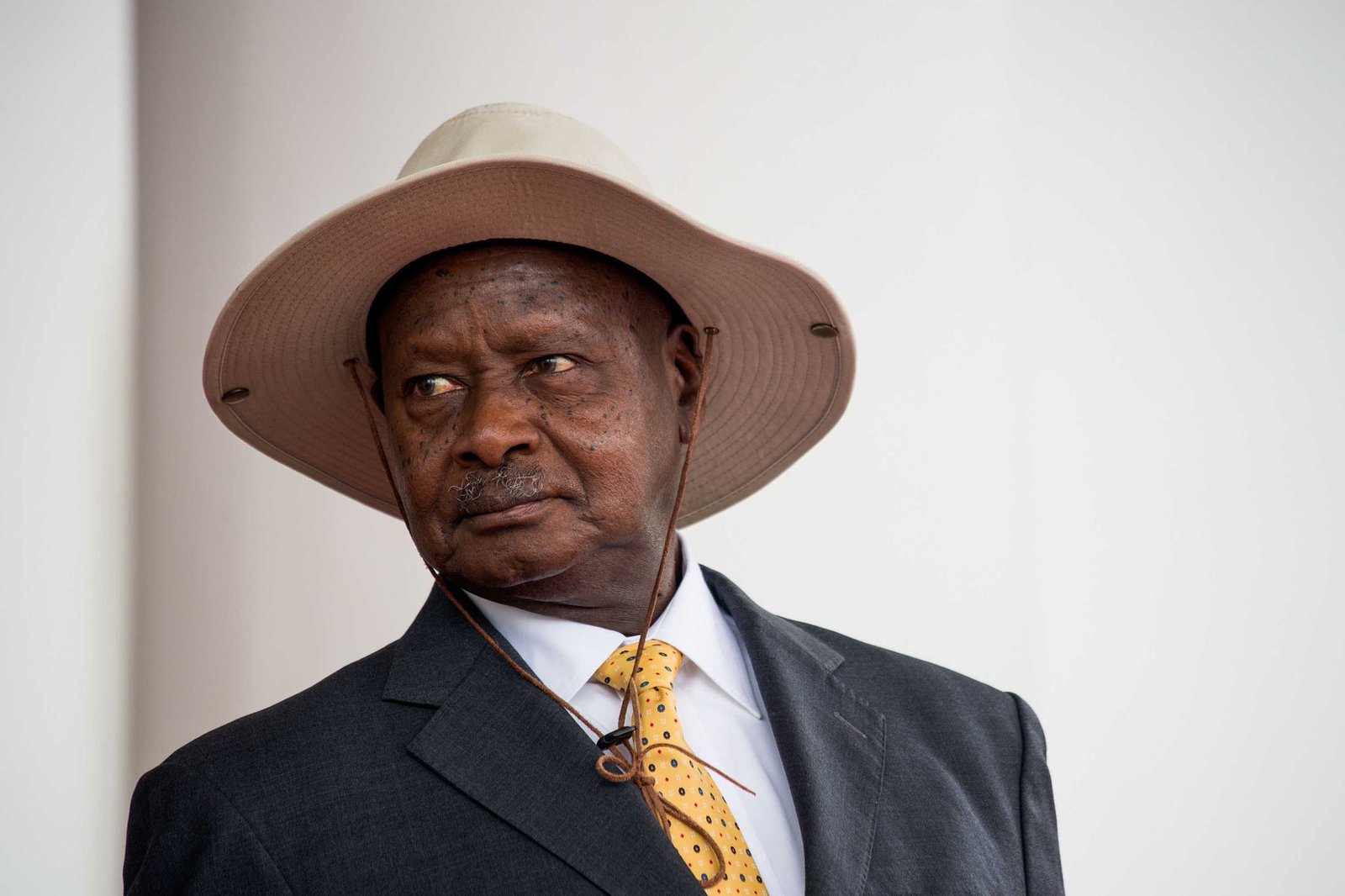
KAMPALA – A series of paranoid kidnaps and crude acts of political violence have recently shaken Uganda, leading analysts to question if the methods bear the signature of President Yoweri Museveni, a leader renowned for his strategic, calculating approach to power.
For decades, President Museveni’s political strength has lain not in brute force, but in a Machiavellian genius for studying his allies and opponents. He is a master at discerning whom to take seriously, whom to ignore, whom to co-opt, and whom to paralyze with precision. His history is filled with examples of outmaneuvering intelligent rivals who naively took him at his word, while he was keenly studying the entire chessboard of their ambitions.
This calculated approach defines his style. As a leader focused solely on outcomes, he is rarely distracted by inconsequential matters or provoked into impulsive, angry reactions. Even in moments of panic, observers note, Museveni expertly conceals his anxiety behind an invincible façade of control, understanding that any appearance of weakness only emboldens his opponents.
“This is a leader who calculates like a hunting predator,” noted a veteran Kampala-based political analyst who spoke on condition of anonymity. “He knows exactly when to strike, when to stay hidden in the grass, and when to wait for another day. The ongoing blunt and unsophisticated kidnappings are not his style.”
The recent tactics—characterized by their overt brutality and lack of political subtlety—have sparked debate. Experts suggest the current actor is either a weakened Museveni, lacking the energy to execute his trademark disguised autocracy, or a crude newcomer to the power game whose only tool is force.
“Museveni’s cleverness was always in embedding his autocracy within a performance of democracy,” the analyst added. “Arbitrary violence was his last card, never his default strategy. It was a tool, not a means to satisfy a military ego. The current method is politically unsustainable and often precedes a bad fall. It’s just a matter of time.”
This analysis points to a core tenet of Museveni’s philosophy: the focus on ends over means. He is known for making neither permanent friends nor permanent enemies. People are viewed merely as buttons on a control board—their value determined solely by their location and utility in achieving a larger goal. Their intrinsic “goodness” or “badness” is irrelevant; all that matters is how they fit into the grand plan.
The stark difference between the sophisticated political game long associated with the President and the current wave of crude repression raises critical questions about who is truly directing the state’s security apparatus and whether the famed political calculator is still the one holding the chess pieces.



